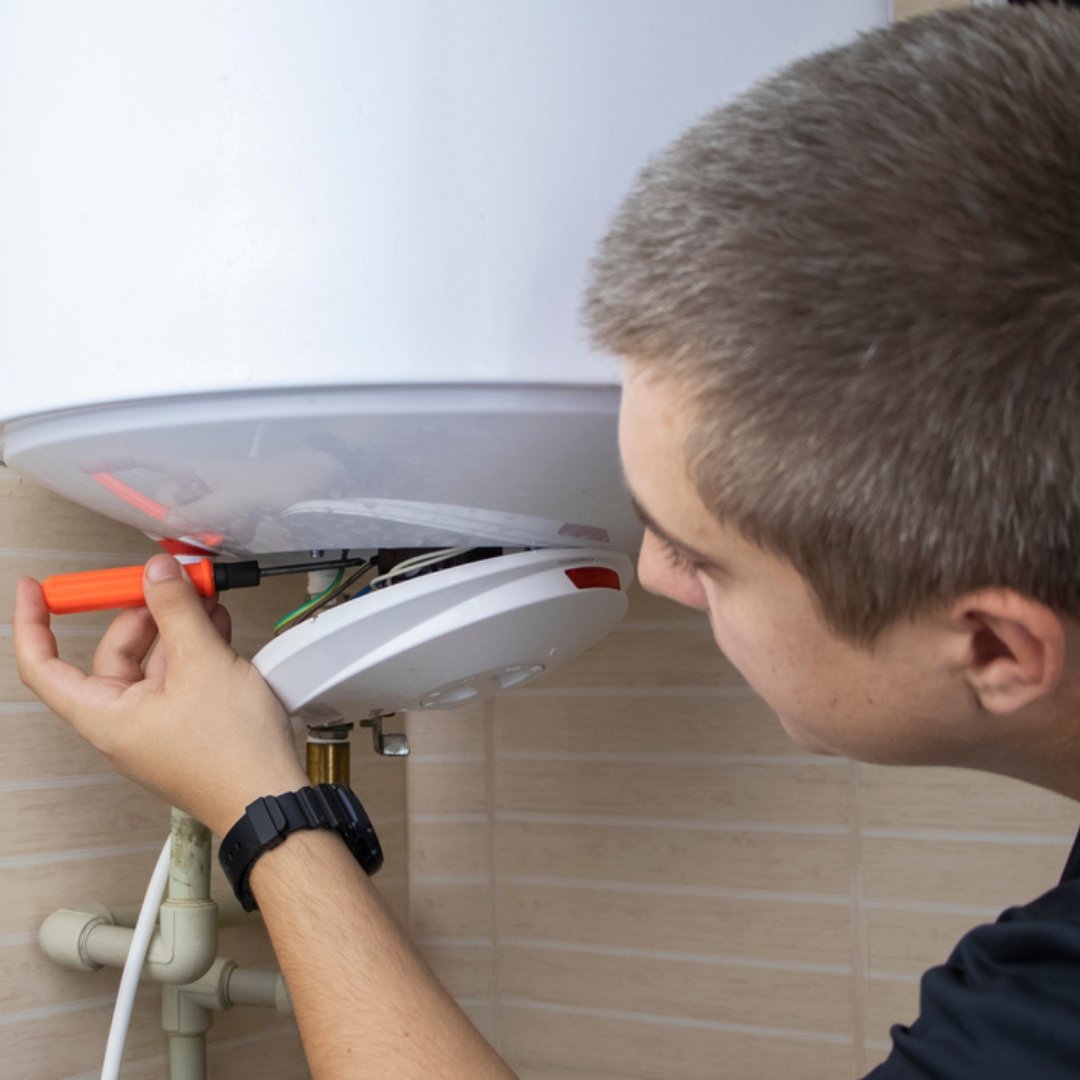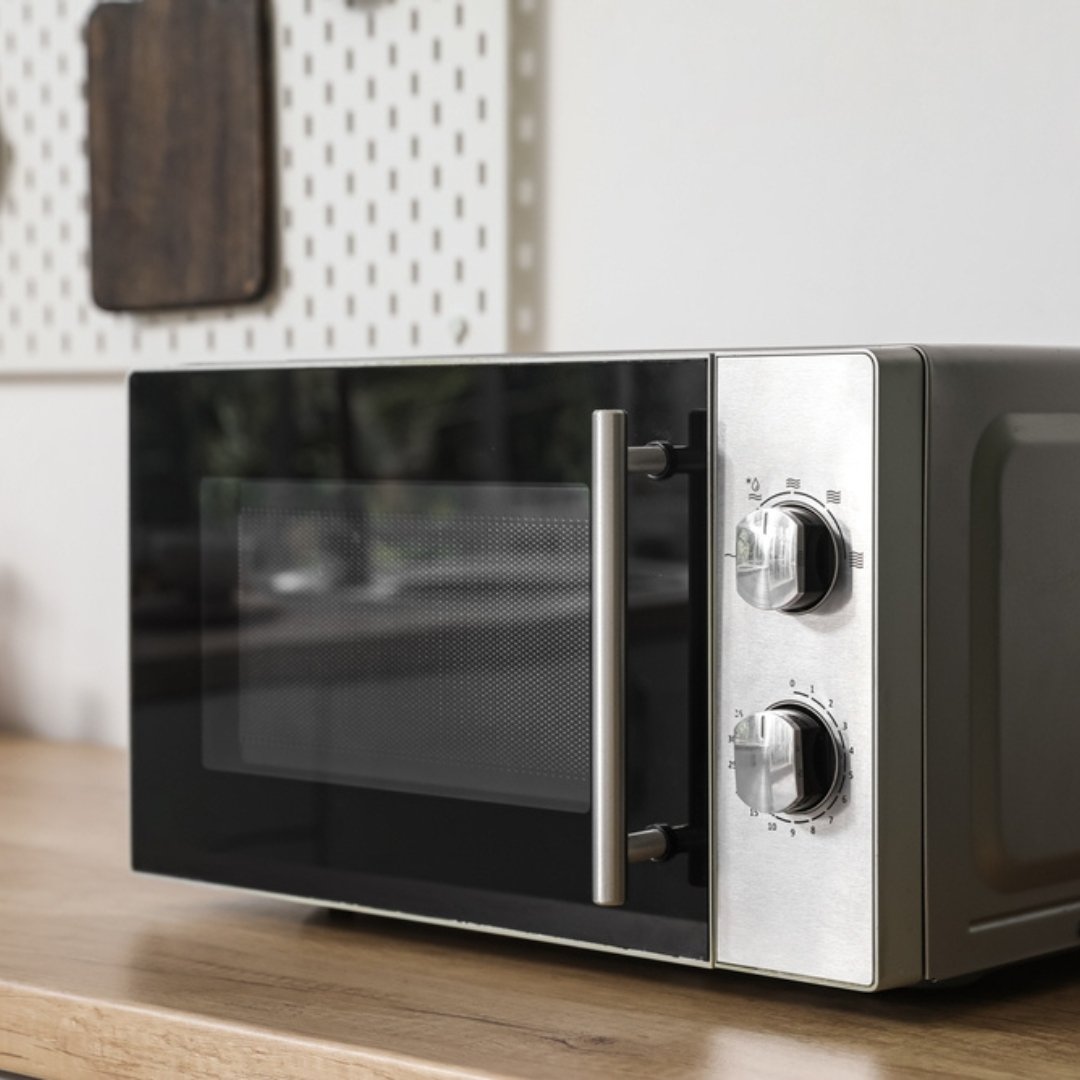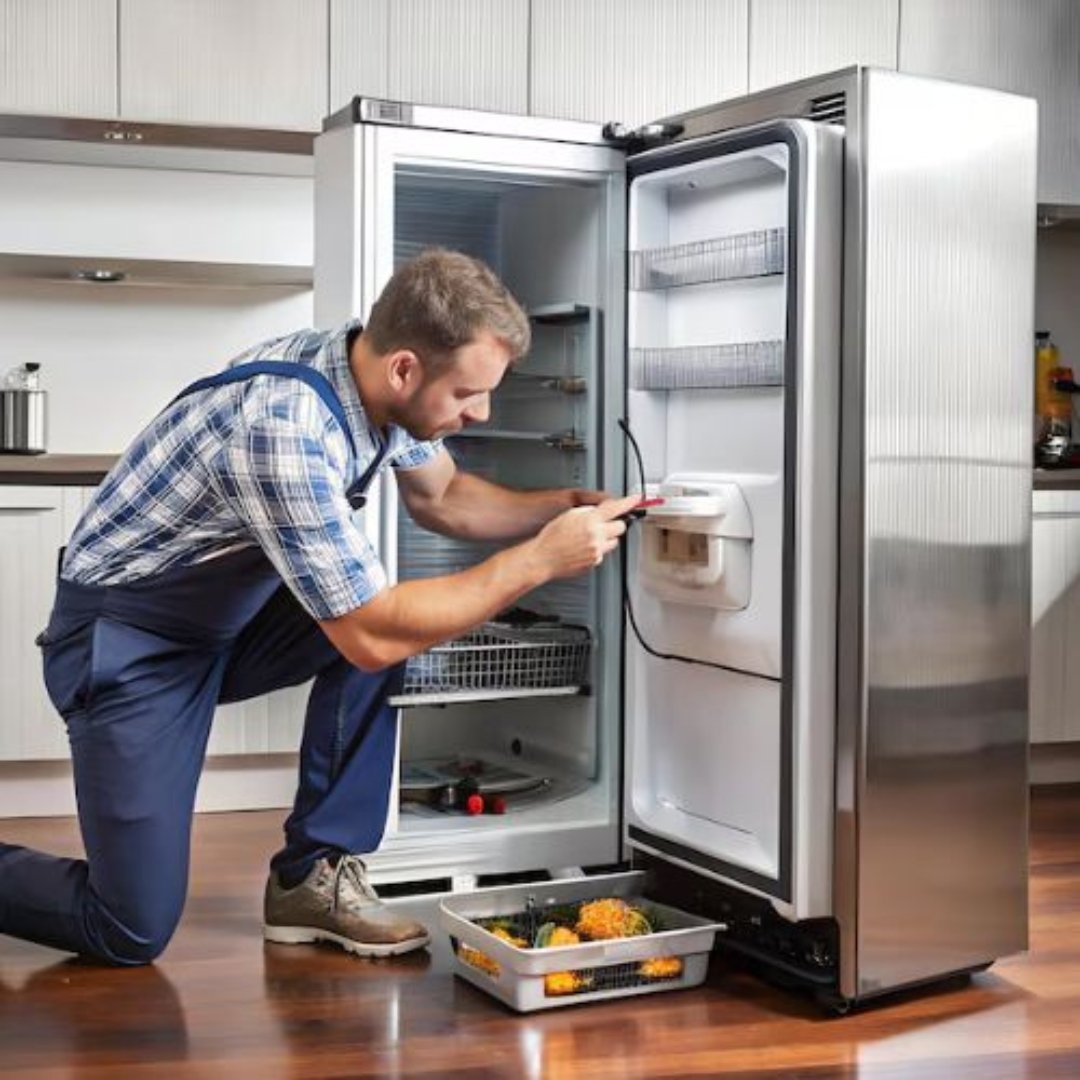RCD Safety Switch Testing in Industrial Environments
In industrial environments, safety is always the highest priority. Among the many protective systems in place, Residual Current Devices (RCDs), also known as safety switches, play a vital role in preventing electrical accidents. These devices are designed to detect leakage currents caused by faulty equipment, damaged insulation, or unsafe contact with live parts. By automatically disconnecting the power supply, RCDs protect workers, equipment, and facilities from the dangers of electric shock and electrical fires. To Know More Click Here

Why RCD Testing is Essential in Industries
Unlike residential setups, industrial facilities operate with higher electrical loads, heavy machinery, and complex power systems. This makes the risk of faults and current leakages even greater. Over time, dust, vibration, moisture, and mechanical wear can affect equipment integrity, leading to leakage currents. If an RCD fails to trip when required, the consequences can be severe, including workplace injuries, costly downtime, and even fatal accidents. Regular testing ensures that RCDs remain reliable and ready to act when needed.
Types of RCD Testing in Industrial Environments
- Push-Button Test
- A quick, on-site check using the built-in test button.
- Confirms the basic operation of the safety switch.
- Trip Time Test
- Conducted with an RCD tester to measure the response time.
- Ensures the switch trips within the required milliseconds under fault conditions.
- Current Ramp Test
- Measures the exact leakage current level that causes tripping.
- Helps assess whether the device is too sensitive or not sensitive enough.
- Polarity and Functional Testing
- Verifies correct wiring and ensures the RCD is functioning in real-world conditions. To Know More Click Here
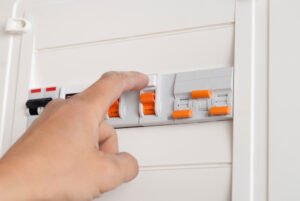
Best Practices for RCD Testing in Industries
- Scheduled Testing: Follow regulatory requirements (often every 6 to 12 months, depending on local standards).
- Document Results: Keep detailed records of all test outcomes for audits and compliance.
- Qualified Personnel: Testing must be carried out by licensed electricians or certified safety inspectors.
- Load Consideration: Always test during planned downtime to avoid disrupting critical operations.
- Replace Faulty Devices: Any RCD that fails testing should be replaced immediately, not repaired. To Know More Click Here
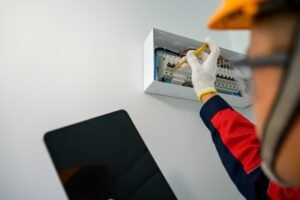
Compliance and Standards
Industrial environments must comply with national and international electrical safety standards such as:
- IEC 61008 / IEC 61009 – Global standards for RCD performance.
- OSHA Regulations (USA) or Workplace Safety Standards (Australia, UK, etc.) – Depending on jurisdiction, these require periodic RCD inspection and testing.
The Role of RCD Testing in Workplace Safety
In high-risk industrial settings, RCD safety switch testing is more than just a compliance requirement—it is a life-saving practice. By ensuring that safety switches work effectively, industries can:
- Prevent electrical shocks and electrocution.
- Reduce the risk of electrical fires.
- Minimize downtime caused by electrical accidents.
- Create a culture of proactive safety management. To Know More Click Here
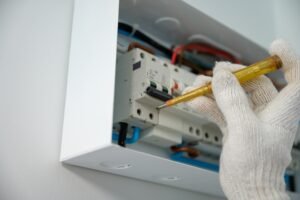
Conclusion
RCD safety switches are silent protectors in industrial environments, but their effectiveness depends on regular and thorough testing. By implementing a structured testing program, industries can protect both their workforce and their operations. Safety is not just about installing protective devices—it is about ensuring they work flawlessly when it matters the most.
SafeTag – Your Safety Partner in New Zealand
Ensure workplace safety and compliance with SafeTag’s professional testing services. We offer certified solutions for Electrical Testing & Tagging, RCD Testing, Microwave Leakage Testing, and Portable Appliance Testing (PAT). Trust our experts for hassle-free, on-site service tailored to your business needs.

